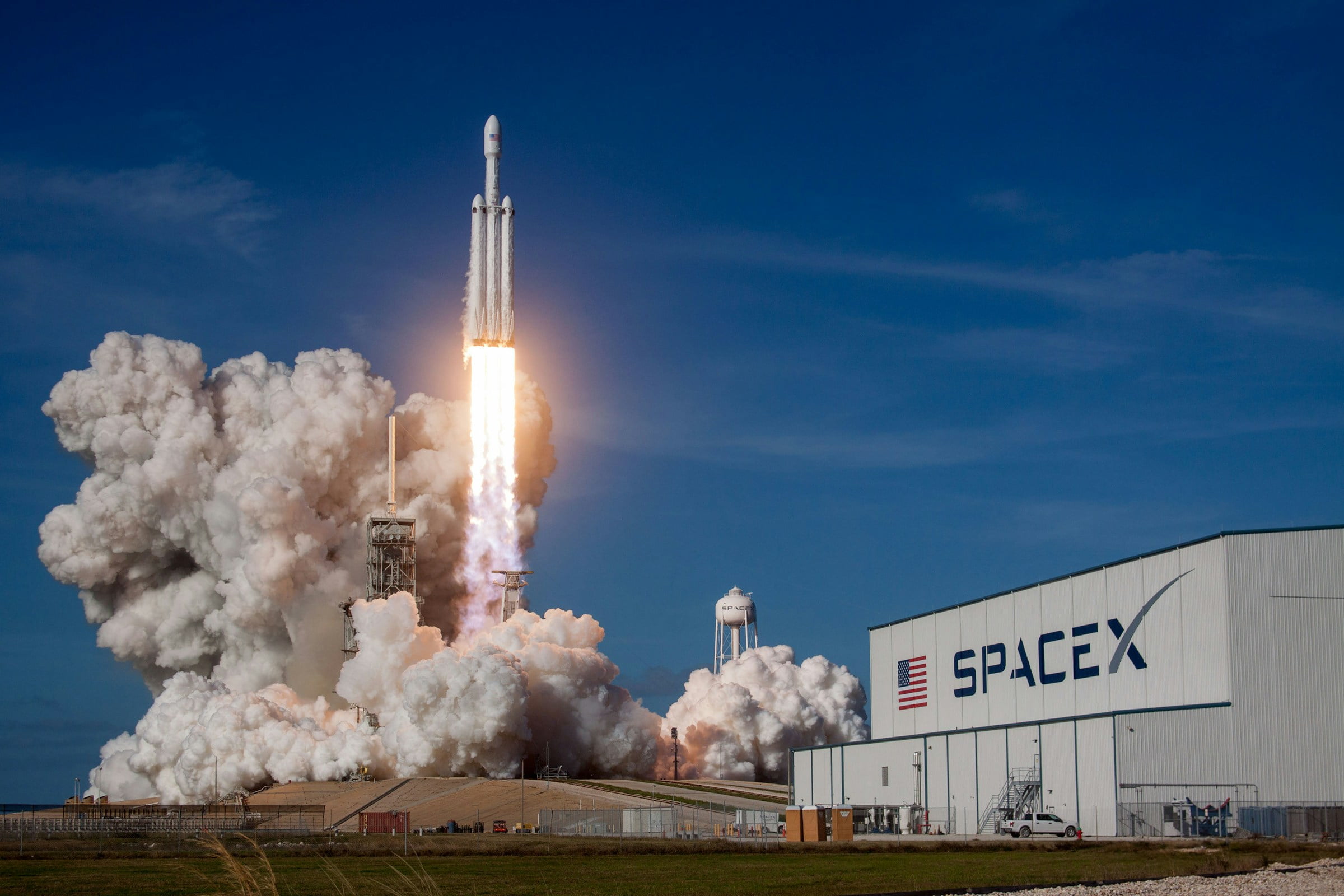 Verizon cut its carbon intensity by 10 percent in 2012, to a monthly average of .05726 metric tons of CO2 per terabyte of throughput, and by 37 percent since its 2009 baseline, according to the company’s latest corporate responsibility supplement.
Verizon cut its carbon intensity by 10 percent in 2012, to a monthly average of .05726 metric tons of CO2 per terabyte of throughput, and by 37 percent since its 2009 baseline, according to the company’s latest corporate responsibility supplement.
The company says that to date, its energy-efficiency measures have enabled it to increase the data on its network by 50 percent, while only increasing electricity usage by 2 percent. In 2012 energy efficiency increased by 9.3 percent year-on-year, and 32.5 percent from 2009, to a monthly average of 102.33 kWh per terabyte.
The company plans to cut its carbon intensity by 50 percent by 2020, from a 2009 baseline, the report says.
Last month the EPA named Verizon an Energy Star Partner of the Year, for its efforts on energy efficiency and greenhouse gas reduction.
Electricity makes up the biggest part of Verizon’s CO2 emissions profile, at 91.24 percent in 2012, versus 6.62 percent for vehicle fuels and 2.14 percent for building and other fuels.
The company’s scope 1 emissions in 2012 were 512,804 metric tons (we are presuming that is the correct unit, since the relevant table doesn’t include a unit), down 11.8 percent on 2011 levels. Scope 2 emissions were up 5.6 percent, and total scope 1 and 2 absolute emissions were up 3.8 percent. For this report Verizon measured business travel emissions for the first time, at 54,172 metric tons.
The company had a 2015 goal of 15 percent alternative-fueled vehicles, but says the market for these alternative fuel vehicles has not developed as fast as it anticipated. Vans are a key part of its fleet, and for these alternative fuel choices are extremely limited, the company says. Alternative fuel vehicles currently make up 6.2 percent of its fleet.
Verizon has decided to “reset” its goal by focusing on taking greater advantage of fuel-saving technologies in conventional vehicles, and by finding and adopting new fuel-saving practices. It will develop a metric to measure fleet efficiency, and will announce new targets this year.
But despite market conditions, the company says it is pressing ahead to find more efficient, eco-friendly solutions for its fleet. Most recently, it has collaborated with VIA Motors to develop an extended-range electric cargo van that VIA expects to deliver 100 mpg with near-zero fuel emissions. Per vehicle, that will save 750 gallons of fuel and 2.4 metric tons of carbon, Verizon says. It is now testing two of these vehicles.












